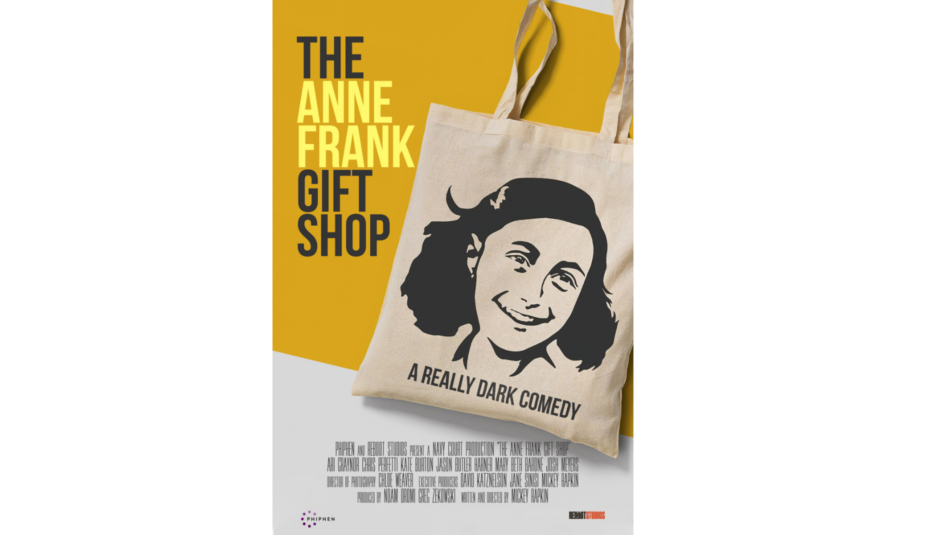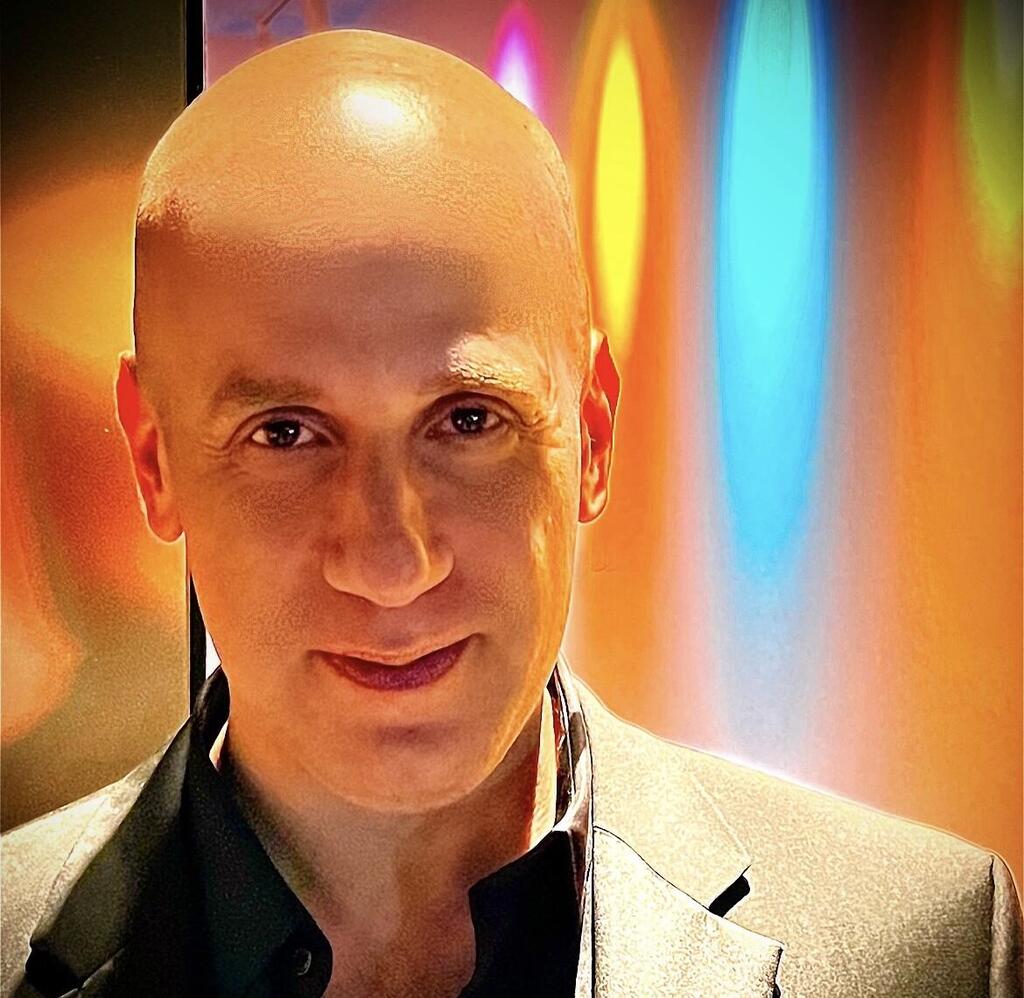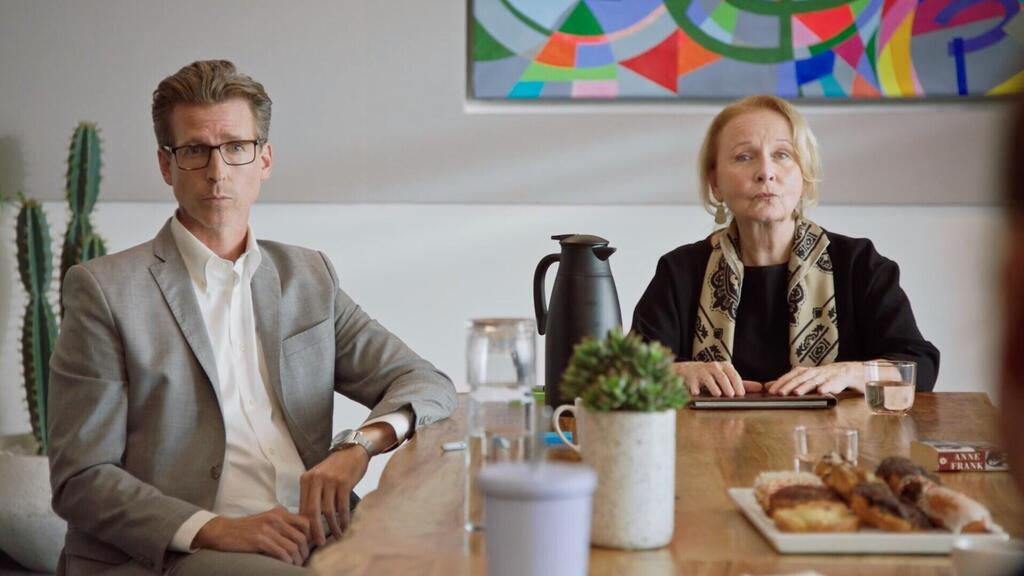Getting your Trinity Audio player ready...
The Holocaust is the greatest tragedy to befall humanity in modern times, and we all swore never to forget the atrocities committed by the Nazis against the Jewish people and others during World War II. But today, almost 80 years and four or five generations later, it seems that the memory of the Holocaust is losing its edge.
More stories:
Few survivors remain to tell the stories and, despite the concerted efforts of various organizations to document and archive evidence from the field, more and more of the youth in Europe, the United States, and even Israel are unaware of what happened and why. Worse yet, they’re losing interest in such a dark and distant period – both chronologically and cognitively.
This poses a real challenge to historians and educators faced with denial and apathy regarding such a significant chapter of human history. Various initiatives have been launched through modern social media networks out of this worry for a renewed acquaintance with the past, and this dilemma is also at the heart of the short and brilliant film "The Anne Frank Gift Shop."
The film, written and directed by Micky Rapkin, was included in the Academy of Cinema’s shortlist for Best Short Film, but did not pass the final screening and will not compete for an Oscar this year. It's a rather modest production, produced by the Israeli-American Noam Dromi, unfolding in a boardroom at an American marketing company throughout its runtime.
Representatives from the Anne Frank House in Amsterdam arrive for a brainstorming session in the company on a campaign to refresh the institution's image among the younger generation.
For 15 minutes, we witness a discussion involving advertisers, copywriters and a social media influencer who propose various unconventional suggestions to bridge the gap between the teenage Anne Frank of the 1940s in the Netherlands and millennials living in the virtual world.
Some solutions are disconnected from historical reality but are linked to the target audience’s reality, while others are downright absurd. And they all stem from a sense of helplessness.
“The film walks a tightrope between comedy and pain,” Rapking told Ynet. “We're trying to do a lot in 15 minutes. It was important to me that, after the first six minutes of humor, the audience is reminded of the atrocities committed against Jews. More jokes follow. But the film brings it back to an emotional place. The jokes may not be for everyone. But as one character in the film says: ‘The cost of doing nothing? That much I do know.’
“The film grew out of a disturbing study that showed a majority of young Americans couldn't answer basic facts about the Holocaust. This is not about shaming Gen Z. These young people have access to tragedy in their pockets. This isn't an original idea. Scientists have studied this. They call it 'empathy fatigue.' It's our job to find new ways of teaching them about the horrors of the Holocaust so that it never happens again. I didn't set out to make an educational film. It's a comedy first. But it's also meant to start a conversation with young people.”
The film talks about making the Holocaust accessible through Anne Frank’s character, but presenting her as a symbol could make discourse shallower.
“Anne Frank is an icon. She is many people's entry point to learning about the Holocaust. And she resonates because she could be your sister or your neighbor. And because her writing was smart and funny and hopeful. I'm grateful that Anne's diary survived. She is beloved for a reason. But hers is one of six million stories. And the bestselling book about the Holocaust doesn't contain one scene set at a death camp. Her story must be told. But it can't be the only story we tell.”
'None of the jokes meant to offend, entry point into subject that's far from funny'
The film’s starting point is sad and discouraging for anyone concerned about the Holocaust’s legacy, but somehow, through its witty, satirical writing, Rapkin uses his dark humor to chip away at the wound and open it up before it heals without leaving a scar.
Throughout the film, the young advertisers, who are supposed to represent Generation Z, present various bizarre options for promoting Holocaust memory and preservation, most of which are completely absurd. Above all, they express a sense of helplessness in the face of the immense challenge that may not be sustainable over time.
If it wasn't so funny, it would be sad. Sad and frustrating. And that's the feeling you're left with at the end, after the hysterical comedy full of brilliant punchlines mainly directed against social media and the superficial routine of TikTok and Snapchat users, as well as the “woke” culture that promotes representations over substance.
The mockery and satire are comforting, but they don't help solve the issue: this is the next generation, and they're living in the present without dwelling on the past.
From 'The Anne Frank Gift Shop'
(Video: Reboot Studios)
Representing Generation Z is social media influencer Madison (comedian Mary Beth Barone), who directs her efforts to redesign Anne Frank as a social media micro-celebrity. "She's a brand. She sold more books than Cheryl Sandberg," Madison asserts when she suggests giving out leatherbound diaries with inspirational quotes from Anne Frank's personal diary to teens.
She advises retouching Anne Frank's well-known image and making a slight change to the angle of her mouth because "the algorithm likes a smile." The Dutch customers are outraged and insist on opposing it, making sure not to manipulate Holocaust photos.
Another idea thrown into the air is to open an Instagram account for Anne Frank's cat, Moortje, because "cat pictures are viral on social media." The idea, which initially seems agreeable, is quickly rejected on grounds of political correctness, as the Dutch translation of the name is "little black man."
All of these proposals, detached from the subject at hand, arouse suspicion that the successful influencer herself is unaware of the impact of the memory of the Holocaust, which she seeks to rebrand and adapt for a broader audience.
On the one hand, the influencer admits that, although she has never read Anne Frank's diary, she has listened to its audio version. Later, she recounts the story of Holocaust survivor Sally Frishberg, capturing the attention of those present. She explains that personal stories are the way to reach the hearts of the youth, not the incomprehensible numbers nor the three-dimensional model of the Frank family’s Amsterdam attic, which, she claims, "would cost a fortune to rent in Brooklyn."
This provocative statement arouses the anger of the Dutch, but they are also forced to admit: "I don't know how to reach the youth, but I know the price of not trying. We must tell the story again and again and again, or it’ll happen again."
The plight of educators, historians, archivists, curators and all other roles enlisted in the mission for the Holocaust’s memory, grows with each passing day and with each Holocaust survivor who dies.
In his short and cunning film, Rapkin, known as the writer of the successful film franchise "Pitch Perfect," took it upon himself to tell the story out of a sense of duty to remember, and even more so to make others remember as well.
“Humor is how we process trauma. But the jokes here have a deliberate purpose,” he explained. “The comedy is meant to disarm viewers so that the film can make its emotional appeal, which is: We have to keep telling this story again and again or it will happen again. One of our producers is Jane Oster Sinisi. She is the granddaughter of Holocaust survivors. I was anxious about sending her the script when we were first introduced. Would she be offended? I was relieved when she said the script was not only funny but that this story had to be told.”
Dromi also added, “None of the jokes told in this film are mean-spirited or meant to offend. They're an entry point into a subject matter that's far from funny but demands new ways to have uncomfortable discussions.”
'People ask me if I'm excited our film is suddenly so relevant. I'm not. I'm horrified.'
"The Anne Frank Gift Shop" may not have been selected to be nominated for the Oscar, yet it seems that the issue of Holocaust memory and the challenge of preserving it also disturb the peace of mind of members of the American Academy of Motion Picture Arts and Sciences.
They gave their voice to the Israeli short film "Letter to a Pig" by Tal Kantor, which depicts a meeting between the reality of a Holocaust survivor and the imaginative world of a high school student, competing for the Academy Award for Best Animated Short Film.
Similarly, the unsettling U.K. drama "The Zone of Interest" by Jonathan Glazer aims to break the conventions of Holocaust films and bring it to the screen from the detached perspective of a Nazi commander in Auschwitz and his narcissistic wife.
At first glance, it may seem like a recycling of past content made to appeal to modern audiences, but the events of October 7 and the rise of antisemitic incidents worldwide have shown how important these stories are and why they should always be told.
People have asked me if I'm excited that our film is suddenly so relevant. I'm not. I'm horrified,” Rapkin said. “I've found our screenings since October 7 to be cathartic. Jewish people didn't have a chance to mourn after the attacks. We were immediately put on the defensive. I've found that being together – in a movie theater – and laughing, and sometimes crying, has been moving."
Dromi adds that the "tropes and stereotypes that too often define Jewish representation in media do real harm. That was undeniably true before October 7, but is even more essential now. It's especially important to remind people that Jews are not a monolith – we're not all white, wealthy and control the media and banks. The Jewish Diaspora includes stories of people across different racial, ethnic, national and social identities. The opportunity to amplify that diversity of experience is an essential tool to build allies and change the narrative.”
Despite their disappointment that the film won’t be nominated for the Oscar, Rapkin and Dromi hope it will contribute to the discourse on the Holocaust and grab the attention of the younger generation who are disconnected from it.
“The future memory of the Holocaust, I believe, will persist well beyond the Gen Z era, but this depends heavily on our approach to Holocaust education,” Dromi said. “It's imperative to use the Holocaust's lessons to address broader issues such as antisemitism, racism, the erosion of democracies, and the role of propaganda in society.”








